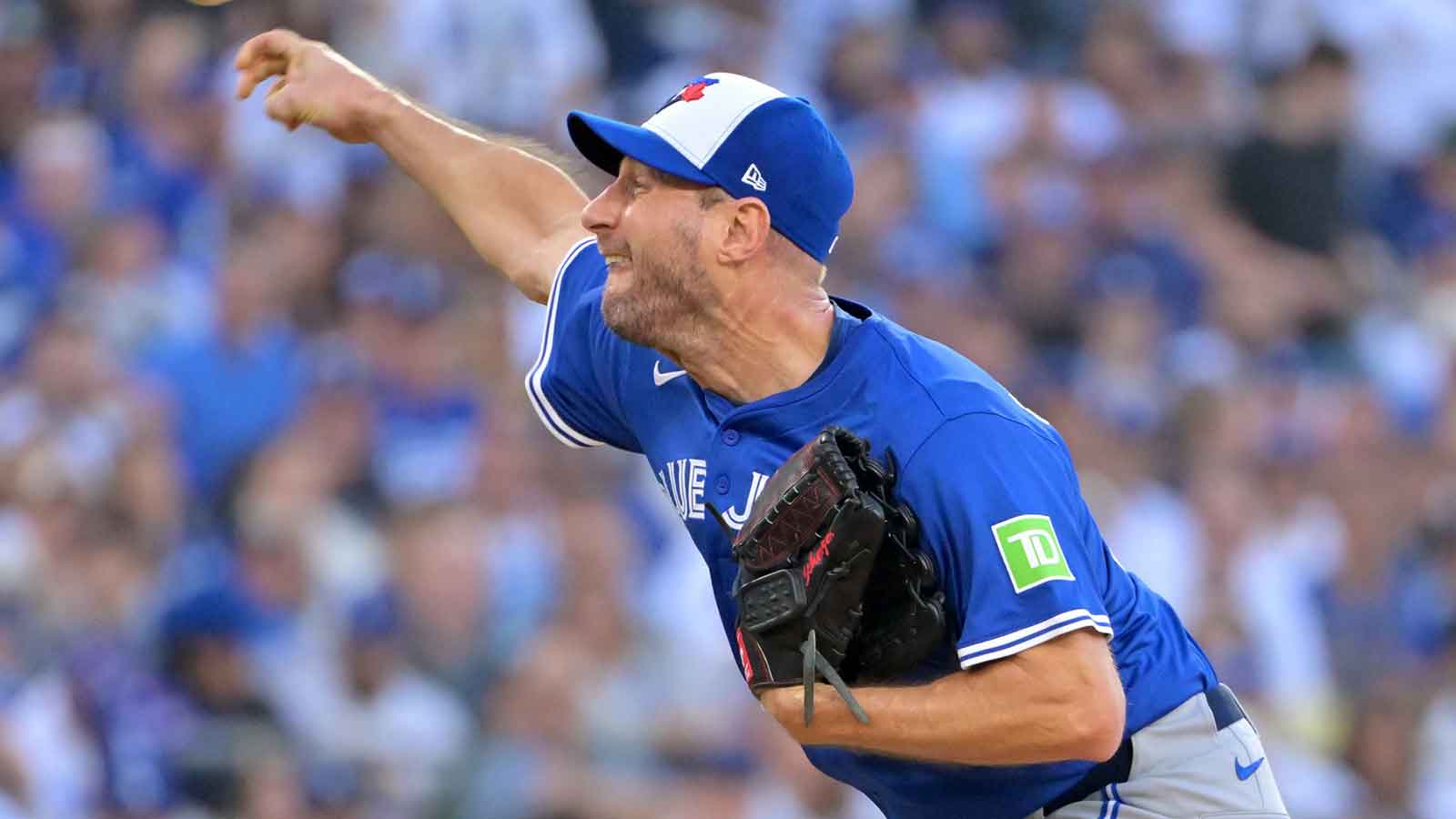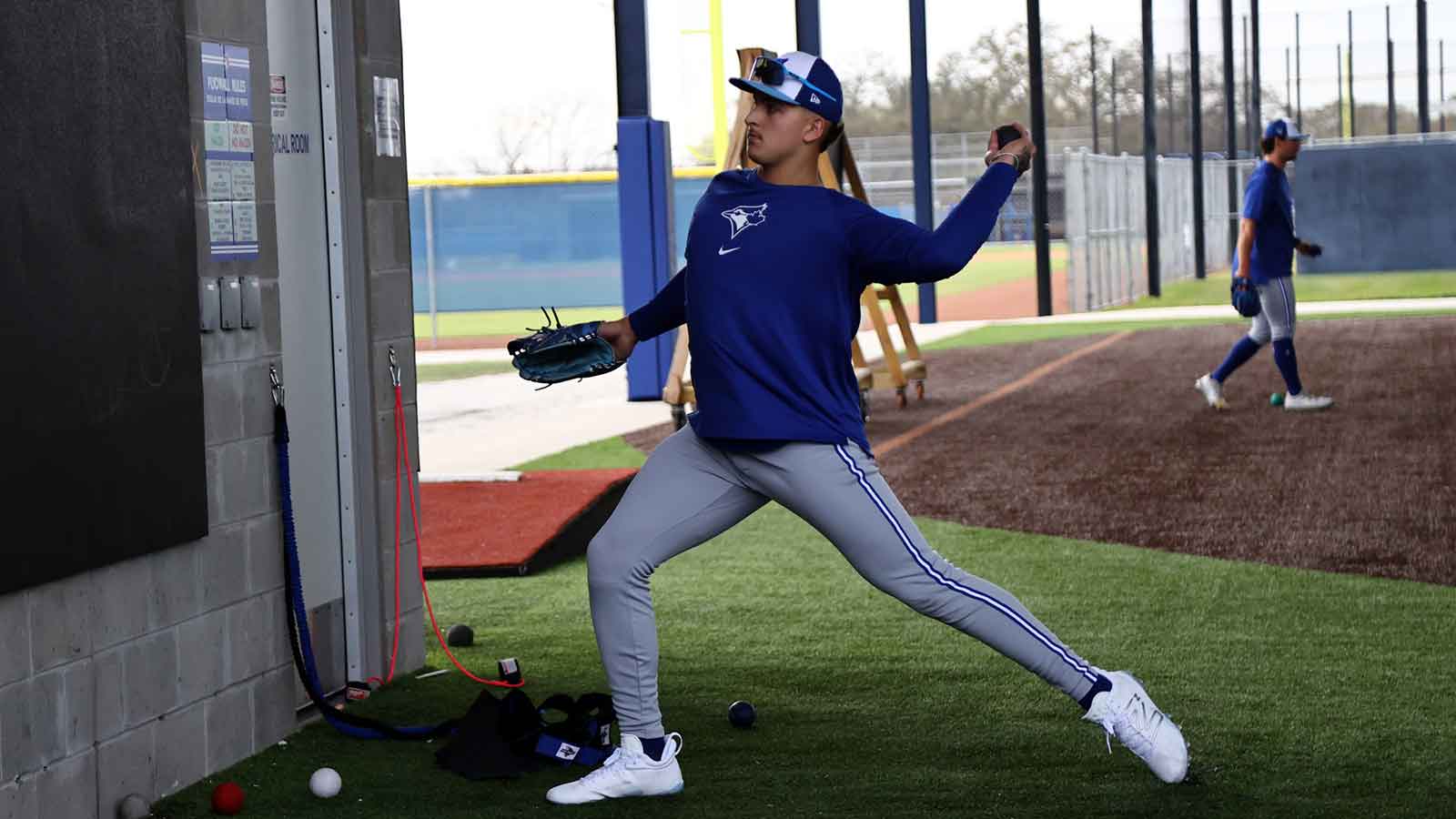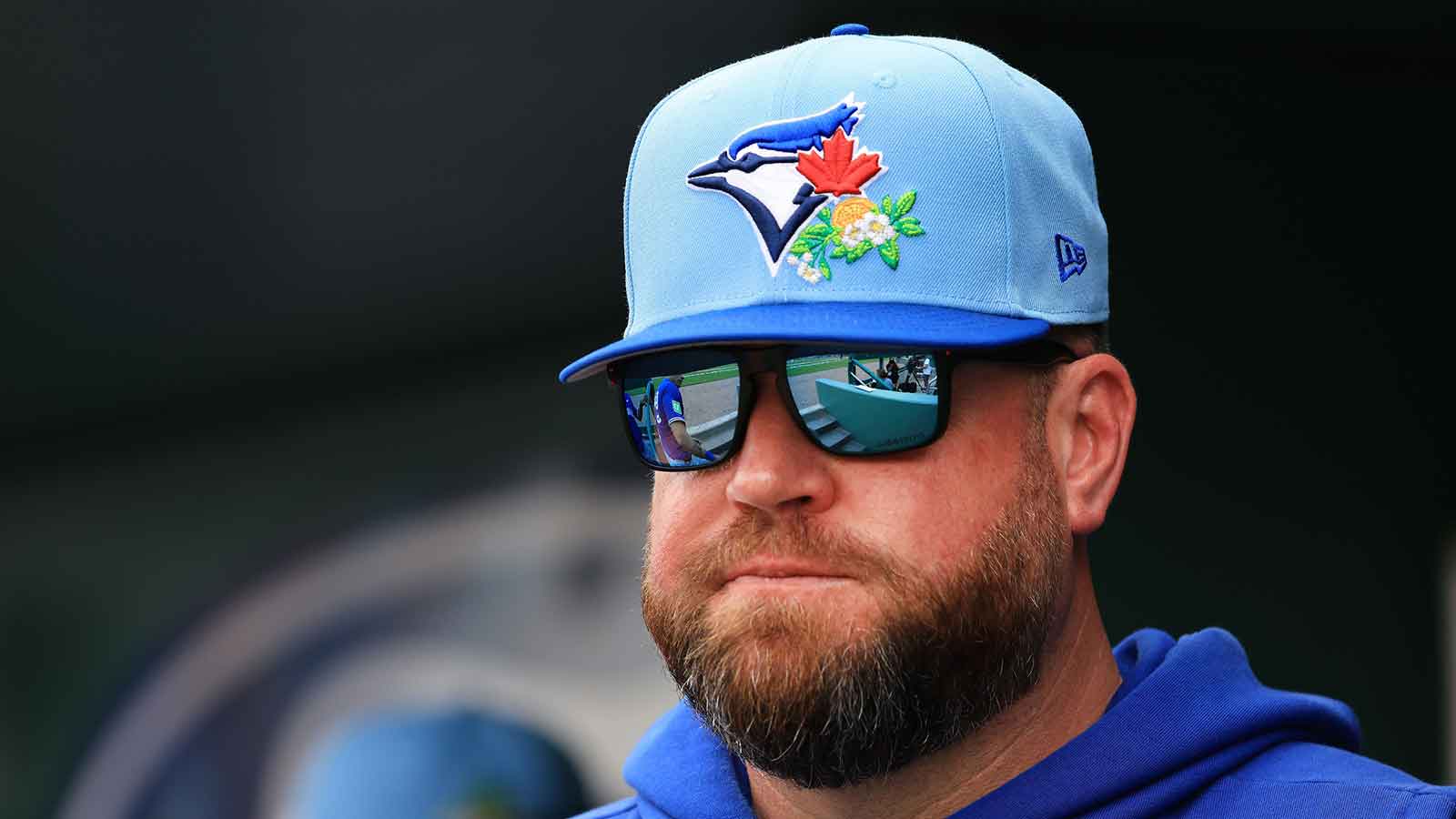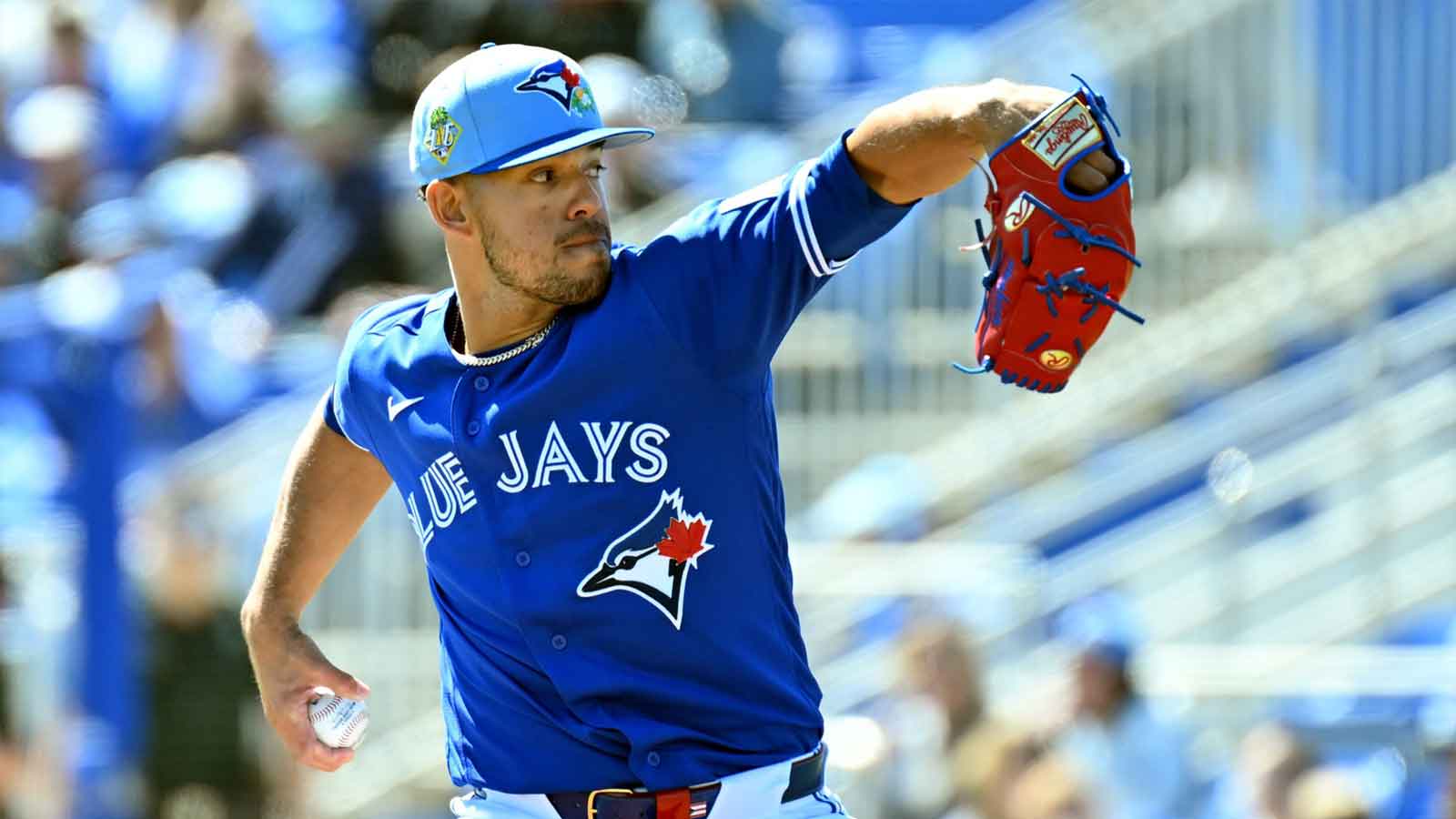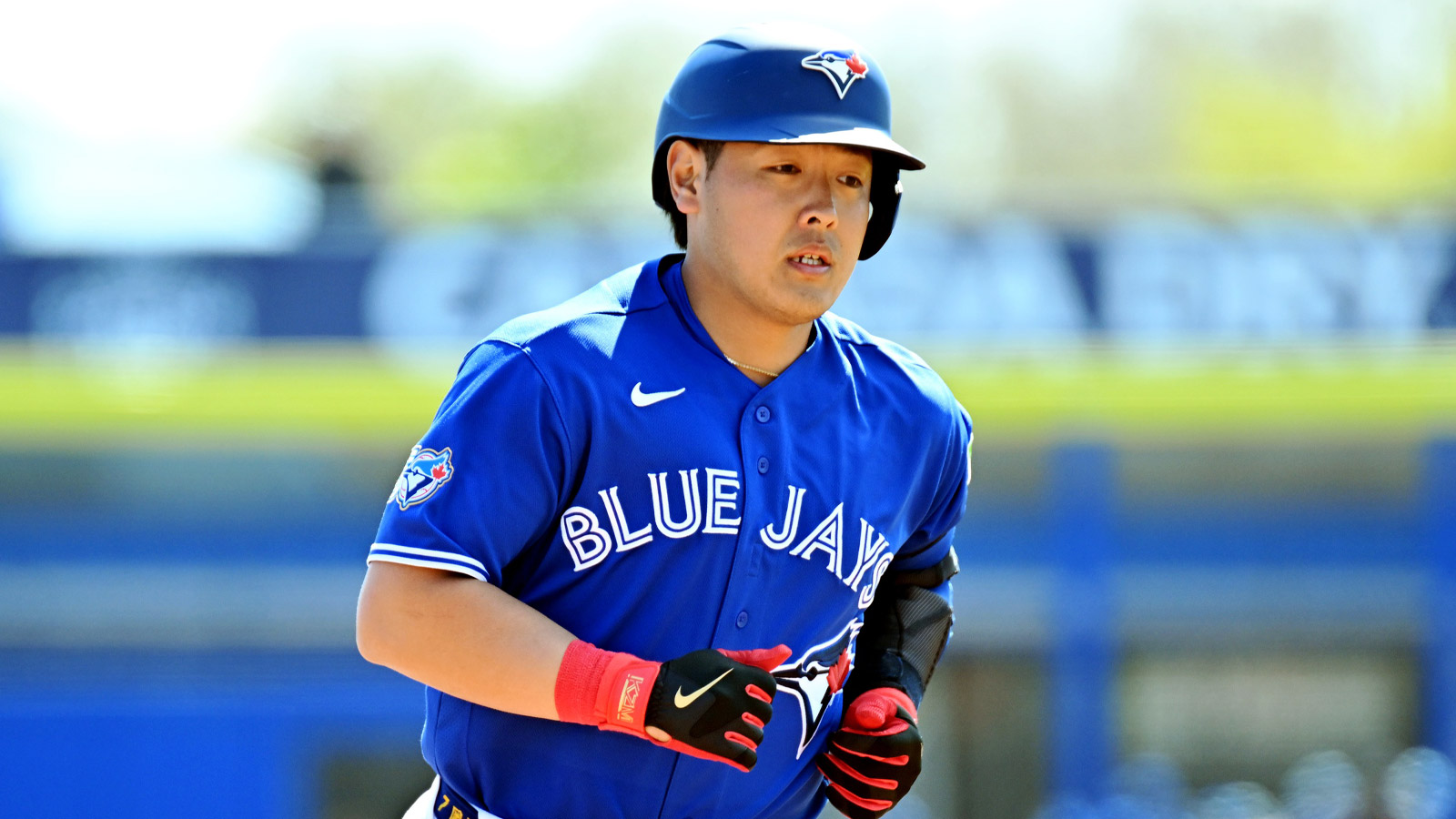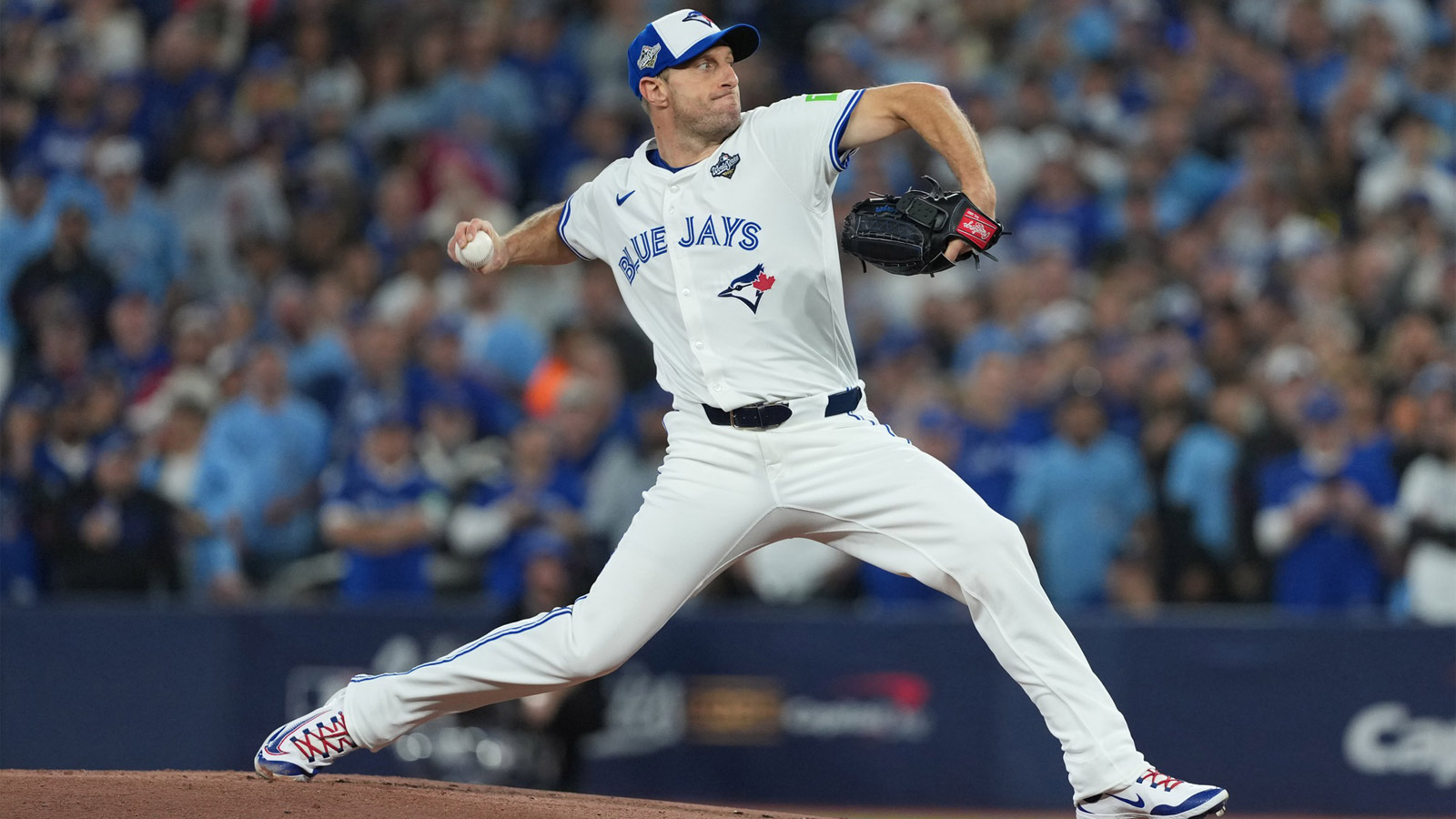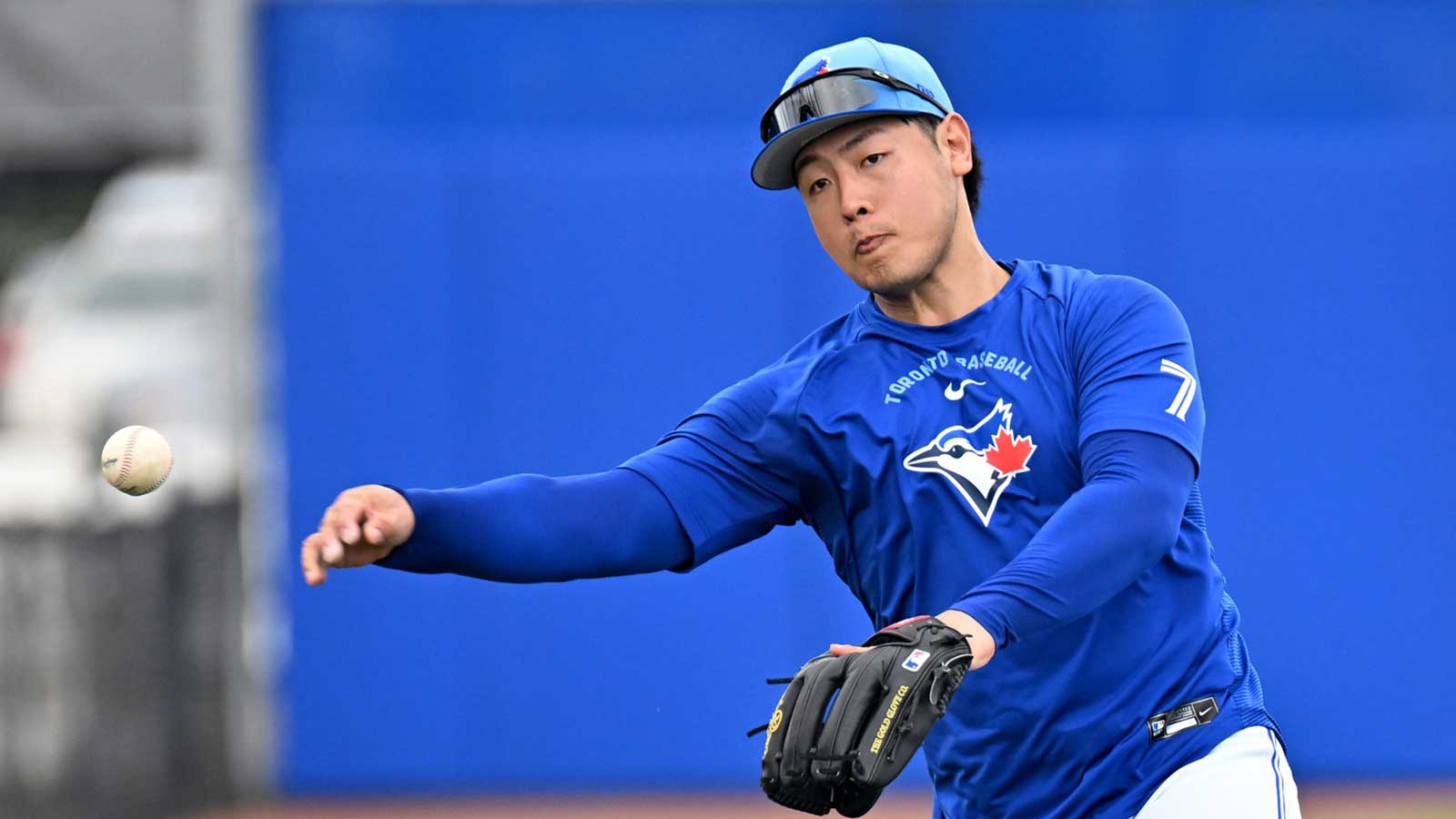The Toronto Blue Jays' near-miss in this year's World Series left plenty of regrets in its wake, but one decision looms larger than any other heading into the offseason: whether to retain Bo Bichette. After a season in which the Blue Jays pushed deep into October baseball, allowing their star shortstop to walk in free agency would be a monumental mistake that could set the franchise back years. The answer is clear: Toronto must do whatever it takes to keep Bichette in a Blue Jays uniform.
Bichette's performance throughout this season has been nothing short of elite. The 26-year-old shortstop finished the regular season with a .285 batting average, 28 home runs, and 89 RBIs while playing Gold Glove-caliber defense up the middle. More importantly, his presence in the lineup provided the consistency and stability that a championship contender demands. With runners in scoring position, Bichette hit .318, demonstrating his ability to come through when the pressure matters most. These aren't just impressive numbers on a stat sheet—they're the hallmarks of a generational talent entering his prime.
The World Series run only reinforced what the Blue Jays already knew about their shortstop. During the playoffs, Bichette elevated his game on the grandest stage, posting a .289 average with an on-base percentage that exceeded .360. His defensive brilliance was equally crucial, turning double plays and making the kinds of plays that directly impact the outcome of close games. The difference between winning a championship and falling short often comes down to moments, and Bichette provided numerous clutch moments. Letting him go would mean voluntarily erasing one of the few bright spots from a season that came tantalizingly close to glory.
The Shortstop Market Reality

Before the Blue Jays make any final decisions, they need to understand the shortstop market landscape heading into free agency. Players of Bichette's caliber rarely become available, and when they do, the asking price reflects their scarcity. Teams across baseball are desperate for elite defensive shortstops who can also produce offensively—the combination is simply too rare. If Toronto doesn't act decisively, expect the Yankees, Mets, or any number of wealthy franchises to throw significant resources at Bichette's representatives.
The financial commitment will be substantial. A player of Bichette's age and production profile will likely command seven years and over $200 million on the open market. Some might view this as excessive, but context matters considerably. Long-term roster stability isn't a luxury for contenders—it's a necessity. The investment in retaining your franchise shortstop is one of the few places where spending lavishly actually makes sense in modern baseball. The alternative—cycling through multiple mediocre options or watching Bichette anchor a division rival—is far more costly when measured in playoff appearances and revenue.
Building Around Your Best Player
Championship teams are built on a foundation of superstar talent locked in long-term deals. The Houston Astros built their dynasty partially around Jose Altuve and their young core. The Los Angeles Dodgers continuously invest heavily in keeping their best players despite the enormous payroll commitments. The Blue Jays have the same opportunity with Bichette, and the timing couldn't be more urgent.
This approaching offseason represents a critical juncture for Toronto's organizational direction. The front office can either signal confidence in a core that nearly won a World Series, or they can communicate that they're willing to dismantle a contending roster. Bichette represents far more than just individual production—he's the symbolic centerpiece of the Blue Jays' competitive window. Losing him suggests the window is closing, which would immediately hamper efforts to retain and attract other key players.
The roster around Bichette remains competitive. The pitching staff showed championship-caliber potential during the playoff run, the lineup has multiple contributors capable of hitting 25-plus home runs, and the defense has proven capable of winning games when it matters most. Adding urgency to this analysis is the simple fact that the next few years will likely represent the best chance this particular group has to win a title. Bichette at age 26-31 is exactly when shortstops perform their best, and the Blue Jays cannot afford to squander this opportunity.
The Blue Jays came devastatingly close to capturing a championship this season. They tasted October baseball and proved they belong among baseball's elite. Now they face a choice: invest in keeping the core intact, or gamble that they can rebuild and recapture this magic with different pieces. History strongly suggests the former approach yields better results. Re-signing Bo Bichette isn't just about keeping one talented player—it's about validating a winning culture and ensuring the Blue Jays remain competitors for years to come. Toronto must make this happen.








